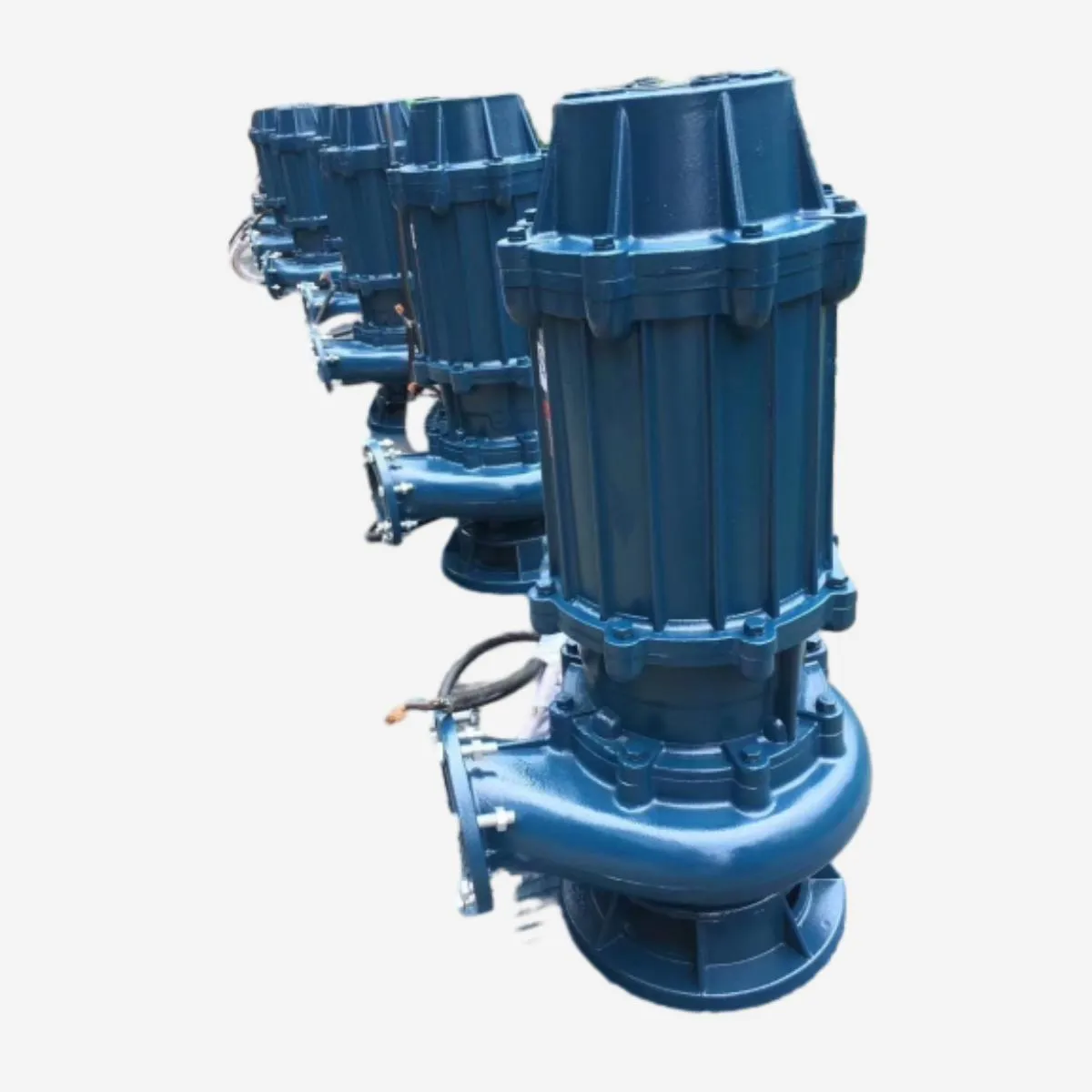TEL:
+86 13120555503
English
- Afrikaans
- Albanian
- Amharic
- Arabic
- Armenian
- Azerbaijani
- Basque
- Belarusian
- Bengali
- Bosnian
- Bulgarian
- Catalan
- Cebuano
- Corsican
- Croatian
- Czech
- Danish
- Dutch
- English
- Esperanto
- Estonian
- Finnish
- French
- Frisian
- Galician
- Georgian
- German
- Greek
- Gujarati
- Haitian Creole
- hausa
- hawaiian
- Hebrew
- Hindi
- Miao
- Hungarian
- Icelandic
- igbo
- Indonesian
- irish
- Italian
- Japanese
- Javanese
- Kannada
- kazakh
- Khmer
- Rwandese
- Korean
- Kurdish
- Kyrgyz
- Lao
- Latin
- Latvian
- Lithuanian
- Luxembourgish
- Macedonian
- Malgashi
- Malay
- Malayalam
- Maltese
- Maori
- Marathi
- Mongolian
- Myanmar
- Nepali
- Norwegian
- Norwegian
- Occitan
- Pashto
- Persian
- Polish
- Portuguese
- Punjabi
- Romanian
- Russian
- Samoan
- Scottish Gaelic
- Serbian
- Sesotho
- Shona
- Sindhi
- Sinhala
- Slovak
- Slovenian
- Somali
- Spanish
- Sundanese
- Swahili
- Swedish
- Tagalog
- Tajik
- Tamil
- Tatar
- Telugu
- Thai
- Turkish
- Turkmen
- Ukrainian
- Urdu
- Uighur
- Uzbek
- Vietnamese
- Welsh
- Bantu
- Yiddish
- Yoruba
- Zulu
Telephone: +86 13120555503
Email: frank@cypump.com
Feb . 15, 2025 21:11 Back to list
sewage pumping companies
Sewage pumping companies stand as crucial entities in maintaining the essential infrastructure of modern sanitation systems. As urban areas expand and environmental considerations intensify, these companies play an indispensable role in ensuring that sewage management meets both health standards and environmental regulations. Their growing importance can be attributed to the increasing complexity of wastewater systems and the rising demand for efficient sewage disposal that prevents pollution and promotes sustainability.
Trustworthiness in sewage pumping companies is paramount, as clients rely heavily on these services to maintain public health and environmental integrity. Transparent business practices help build this trust, with detailed contracts that outline scope, costs, and timelines clearly communicated and adhered to. Additionally, businesses in this space often offer emergency services, providing clients with reliable back-up plans in the face of unexpected failures or natural disasters. Maintaining certifications and licenses, conducting regular staff training, and adhering to safety protocols are essential practices that reinforce a company’s trustworthiness in handling sensitive sewage operations. The product offerings from sewage pumping companies are diverse, catering to a spectrum of needs across different sectors. For residential clients, services may focus on the installation and maintenance of sump pumps and septic systems, ensuring that waste is consistently and safely removed from properties. In contrast, for industrial clients, large-scale pumping solutions are developed to manage high volumes of waste, often incorporating advanced telemetry for remote monitoring and control. Municipal clients benefit from comprehensive service packages that include everything from initial system design and installation to ongoing maintenance and emergency support. In conclusion, sewage pumping companies are essential in maintaining the balance between development and environmental stewardship. Their vast experience, deep expertise, established authority, and unimpeachable trustworthiness make them a keystone within the sanitation landscape. By continuously advancing their products and practices, they not only ensure compliance and efficiency but also contribute to the broader sustainability goals that are increasingly becoming the hallmark of responsible urban planning. These companies stand at the forefront, ensuring that as the cities grow, their infrastructures remain robust, reliable, and environmentally sound.


Trustworthiness in sewage pumping companies is paramount, as clients rely heavily on these services to maintain public health and environmental integrity. Transparent business practices help build this trust, with detailed contracts that outline scope, costs, and timelines clearly communicated and adhered to. Additionally, businesses in this space often offer emergency services, providing clients with reliable back-up plans in the face of unexpected failures or natural disasters. Maintaining certifications and licenses, conducting regular staff training, and adhering to safety protocols are essential practices that reinforce a company’s trustworthiness in handling sensitive sewage operations. The product offerings from sewage pumping companies are diverse, catering to a spectrum of needs across different sectors. For residential clients, services may focus on the installation and maintenance of sump pumps and septic systems, ensuring that waste is consistently and safely removed from properties. In contrast, for industrial clients, large-scale pumping solutions are developed to manage high volumes of waste, often incorporating advanced telemetry for remote monitoring and control. Municipal clients benefit from comprehensive service packages that include everything from initial system design and installation to ongoing maintenance and emergency support. In conclusion, sewage pumping companies are essential in maintaining the balance between development and environmental stewardship. Their vast experience, deep expertise, established authority, and unimpeachable trustworthiness make them a keystone within the sanitation landscape. By continuously advancing their products and practices, they not only ensure compliance and efficiency but also contribute to the broader sustainability goals that are increasingly becoming the hallmark of responsible urban planning. These companies stand at the forefront, ensuring that as the cities grow, their infrastructures remain robust, reliable, and environmentally sound.
Share
Next:
Latest news
-
Reliable Non-Clog Sewage Pumps with GPT-4-Turbo Tech
NewsAug.04,2025
-
High-Performance Air Pumps for Sand & Gravel | Efficient Transport
NewsAug.03,2025
-
ISG Series Vertical Pipeline Pump - Chi Yuan Pumps Co., LTD.|Energy Efficiency, Corrosion Resistance
NewsAug.03,2025
-
ISG Series Pipeline Pump - Chi Yuan Pumps | Energy Efficiency&Compact Design
NewsAug.03,2025
-
ISG Series Vertical Pipeline Pump - Chi Yuan Pumps Co., LTD.|High Efficiency, Low Noise, Durable
NewsAug.02,2025
-
ISG Series Vertical Pipeline Pump - Chi Yuan Pumps | High Efficiency, Low Noise
NewsAug.02,2025










